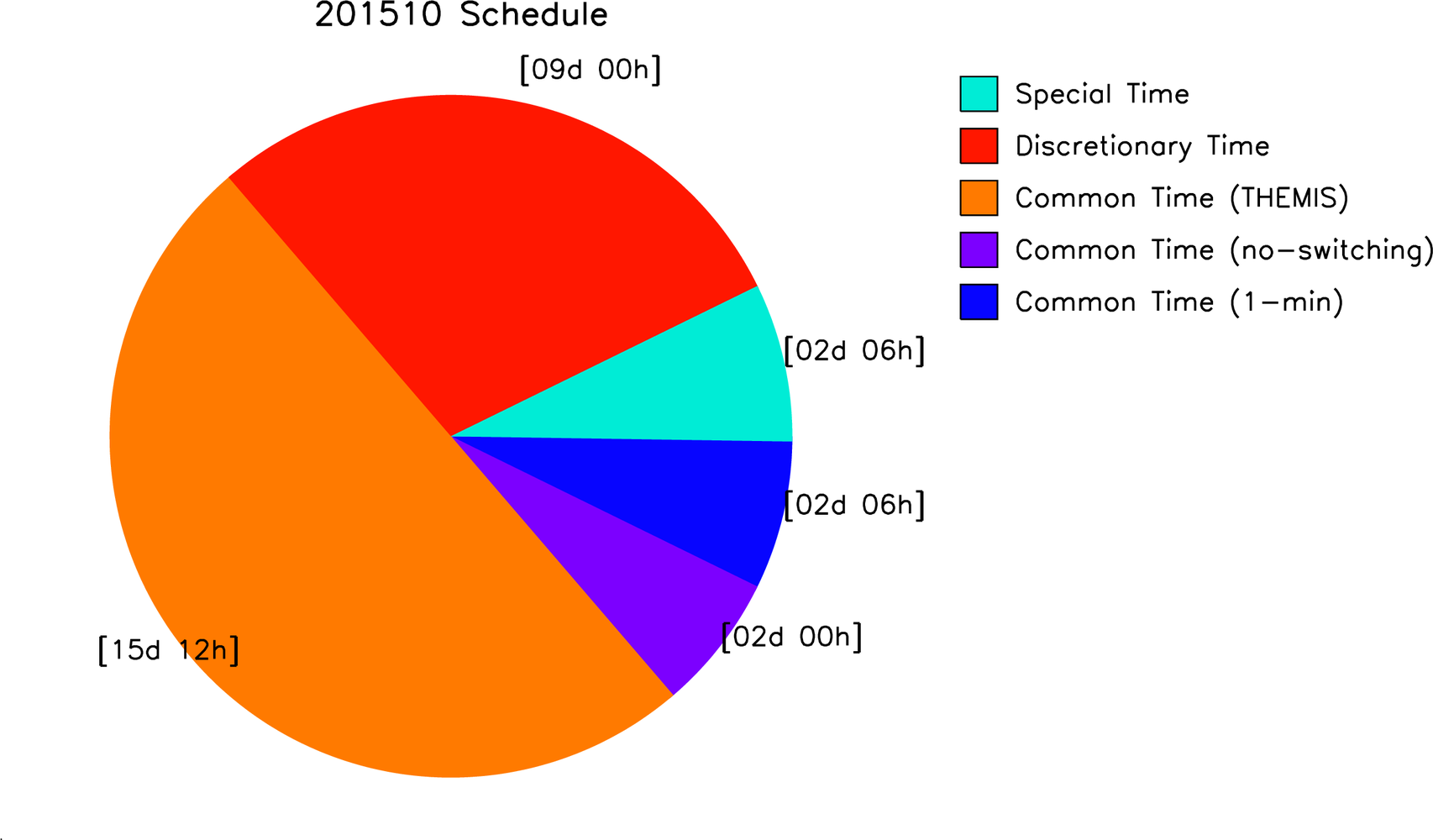Issues

The following issues have been identified by the SWG and need to be addressed. Note that final decisions are subject to approval by the SuperDARN PI council.
-
Allocation of radar control program ID number (CPID):
-
Assessment of Special Time usage:
There are currently no formal guidelines or mechanisms for evaluating the success of Special Time requests despite previous suggestions by prior SWG chairs and in the PI agreement. This has lead to the situation where Special Time can be requested on a recurring basis without any demonstration of the usage or scientific value of the experiment.
Suggestion: Update the SuperDARN Time Allocation request form or require a follow-up form to be submitted where experiment PIs are required to provide some level of feedback / justification for continued support. Experiment requestors will be allowed ??-months of time before they are required to submit this assessment.
-
6-hour UT Scheduling Blocks: (Closed)
Section 4.3 of the PI agreement currently states that the radar operating schedule is to be prepared in monthly blocks and allocated between Common Time, Special Time, and Discretionary Time being divided into 6-hour UT intervals. However, since April 2014 we have been scheduling 6-hour blocks of Special Time intervals in support of spacecraft conjunctions which often do not conform to boundaries at 00, 06, 12, or 18 UT. This also has the effect of creating scheduling blocks which are not integer multiples of 6-hours in duration.
Suggestion: Update PI agreement so that the radar operating schedule can be allocated into blocks of at least ???-hours in duration, which are not required to adhere to 6-hour UT boundaries.
Resolution: Radar operating schedule will be allocated into blocks of at least 2-hours in duration, however the SWG chair will attempt to maintain at least 6-hour blocks wherever possible.
-
Common Time Triggering (CT-TRIG): (Closed)
There are currently no formal guidelines in the PI agreement or monthly scheduling files regarding Common Time triggering (CT-TRIG) operations. It appears to be left to the discretion of each individual radar scheduler or principal investigator (PI) of how they wish to define triggering priority in their own schedule files or whether to operate a triggering mode at all.
Suggestion: Draft formal guidelines so that new PIs or radar schedulers know how to effectively contribute data to network-wide CT-TRIG intervals.
Resolution: CT-TRIG operations have been temporarily suspended across all radars until an evaluation can be performed of triggering criteria, implementation, and scientific value.
-
Common Time / Special Time Classification: (Closed)
As the Common Time Program (CP) v3 definition is currently worded in Appendix 4 of the PI agreement, nearly all SuperDARN operating modes meet the CP criteria. This includes normal (fast) scan, themisscan, rbspscan, interleave scan, etc. Beginning in August 2008, a Common Time (THEMIS) category was introduced which began to share the minimum 50% monthly allocation with the 1-min Common Time category. As a result there is currently no limit on the amount of themisscan which can be scheduled each month. For example, 15.5 days of themisscan were scheduled during October 2015 in comparison to only 4.25 days of 1-min Common Time modes:

While the scheduling of themisscan is made on request by the Spacecraft Working Group, similar requests for rbspscan during Van Allen Probe conjunctions are instead classified as Special Time and are limited to a total of 6 days per month. This raises the question of why spacecraft requests for themisscan during THEMIS/MMS conjunctions are treated differently from requests for rbspscan during Van Allen probe conjunctions when both control programs meet the CP requirements.
Suggestion: There appear to be at least 3 possible solutions to this issue:
- Keep the current scheduling methodology the same (ie requests for themisscan continue to be classified as Common Time while other scheduling requests in support of spacecraft missions such as Van Allen Probes and ERG using CP-compliant modes are limited to the 6 days of Special Time per month).
- Remove the Common Time (THEMIS) category and shift all scheduling requests for themisscan back to the Special Time category for competition with requests for other modes. 1-min control programs would then receive the entire monthly Common Time allocation (50%), with 2 days still being restricted to no-frequency switching.
- Divide the current allocation of at least 50% per month for Common Time between 1-min and a new "≤2-min" Common Time category. This way there is a guarantee of at least some fraction of 1-min Common Time data, and individual radar operators are also free to schedule CP-compliant modes such as themisscan, rbspscan, interleavescan, etc outside limited Discretionary or Special Time intervals. PIs who wish to continue to schedule 1-min control programs would still be free to do so during this new "≤2-min" Common Time scheduling category.
- ???
- top -
This material is based upon work supported by the National Science Foundation under Grant Number AGS-1524667. Any opinions, findings, and conclusions or recommendations expressed in this material are those of the author(s) and do not necessarily reflect the views of the National Science Foundation.